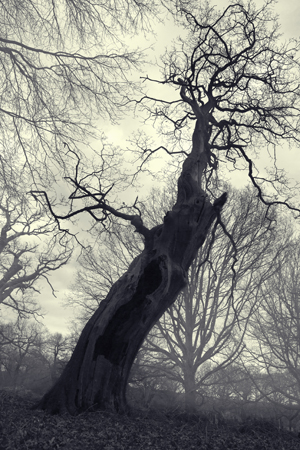 At Grandiflora, we love trees! We love working with people who care for their trees and want to ensure their trees’ survival. Unfortunately, there are times when it may be impossible for a tree to be saved, and for safety purposes, the tree may need to be removed. A dead tree is much more likely to fall during a storm, and it may hurt someone or damage your property. If you begin to notice the following signs, you should talk to an arborist about tree removal.
At Grandiflora, we love trees! We love working with people who care for their trees and want to ensure their trees’ survival. Unfortunately, there are times when it may be impossible for a tree to be saved, and for safety purposes, the tree may need to be removed. A dead tree is much more likely to fall during a storm, and it may hurt someone or damage your property. If you begin to notice the following signs, you should talk to an arborist about tree removal.
Dying Leaves and Branches
If your tree has yellowing leaves in the middle of spring, this is not a good sign. Premature yellowing is a sign that the proper nutrients are not getting to the leaves, and that means that branch is probably dead. Normally, dead branches can be trimmed, and that can be helpful for the tree’s survival. However, if there is an abnormal amount of dying branches, the tree may be dead and cannot be saved. Make sure that you know all of the signs of anunhealthy tree, because they usually signify a dying tree.
Multiple Trunks or Split Trunks
A tree that has multiple trunks or has a trunk that is split very close to the base can be very unstable. A tree such as this will often fall during the high winds of a storm. The structural shape of the tree makes it easier for it to fall during a storm. Also, the separate trunks are not as stable as one single trunk. If you have noticed that a tree has multiple trunks or may begin to growing into two trunks, talk to an arborist. There are things that an arborist can do to make the tree more stable as it grows. However, if the arborist does not think that anything can help, they may recommend that the tree should be removed.
Leaning Tree
Of course, not every tree is going to grow straight up and down. The curves and bends of trees make them unique and beautiful. However, If you have begun to notice that your tree is leaning in an unnatural way, this can be very dangerous. If your tree has begun to lean when it did not before, this is a sign that the roots may be breaking on one side and the tree can easily fall.
Often times, branches are heavier on one side of the tree and the weight is forcing the tree to lean. If you notice the leaning early, a tree maintenance team can trim excess branches from one side and then use cables to pull the tree into an upright position. However, if the tree has begun to uproot, it may be too late, and you should remove the tree before it falls to the ground.
Struck by Lightning
If you have a tree that has been struck by lightning, you may need to consider tree removal. Of course, there is always a chance that the tree can be saved. However, if you see that large streaks of bark have exploded off or that the trunk has cracked, it is highly unlikely that the tree will survive. The bark is a natural defense for the tree, so if the tree has large open wounds, disease and wood boring bugs are much more likely to attack the tree.
Of course, before you remove a tree, make sure that you have an arborist look over the tree. An arborist can help you understand if the tree could be saved. If you do come to the conclusion that the tree must be removed, make sure that you have a professional crew do the tree removal. Inexperienced teams may cause serious property damage if they remove the tree incorrectly.
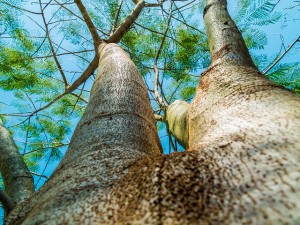 An arborist is an individual trained in planting, caring for and maintaining individual trees. Becoming an arborist combines the art and science of tree care. An ISA Certification is focused on knowledge of tree care and allows people the opportunity to show their level of commitment to the profession and industry.
An arborist is an individual trained in planting, caring for and maintaining individual trees. Becoming an arborist combines the art and science of tree care. An ISA Certification is focused on knowledge of tree care and allows people the opportunity to show their level of commitment to the profession and industry.

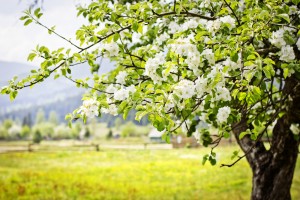
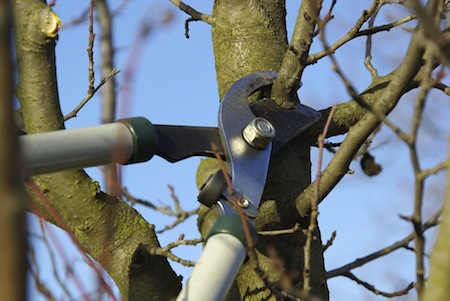 If you are looking for the best way to trim your trees, try tree pruning. Pruning is different from tree trimming because it can alter the shape and growth of your trees branches. When you have decided to prune your trees, keep in mind the following things.
If you are looking for the best way to trim your trees, try tree pruning. Pruning is different from tree trimming because it can alter the shape and growth of your trees branches. When you have decided to prune your trees, keep in mind the following things.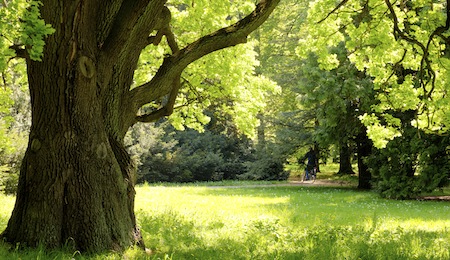 With summer fast approaching, we know that you are already looking for the best ways to beat the insane Texas heat. Summers in Texas can be unbearable, but there is a simple remedy. Plant more trees! We have compiled a list of the top five best trees to plant to get out of the burning Texas heat.
With summer fast approaching, we know that you are already looking for the best ways to beat the insane Texas heat. Summers in Texas can be unbearable, but there is a simple remedy. Plant more trees! We have compiled a list of the top five best trees to plant to get out of the burning Texas heat. At Grandiflora, we love trees! We love working with people who care for their trees and want to ensure their trees’ survival. Unfortunately, there are times when it may be impossible for a tree to be saved, and for safety purposes, the tree may need to be removed. A dead tree is much more likely to fall during a storm, and it may hurt someone or damage your property. If you begin to notice the following signs, you should talk to an arborist about tree removal.
At Grandiflora, we love trees! We love working with people who care for their trees and want to ensure their trees’ survival. Unfortunately, there are times when it may be impossible for a tree to be saved, and for safety purposes, the tree may need to be removed. A dead tree is much more likely to fall during a storm, and it may hurt someone or damage your property. If you begin to notice the following signs, you should talk to an arborist about tree removal.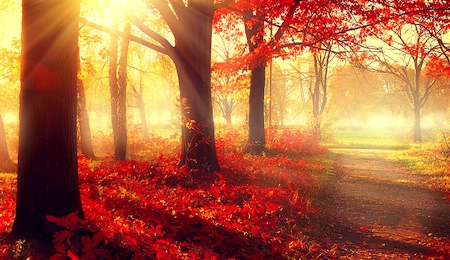 Honor your friends and loved ones with the gift of a tree. A beautiful tree benefits everyone for generations to come and helps us remember those who we have lost. A tree will carry the name of those memorialized by continuing to grow and adapt with every year that passes. With thoughts of peace, caring and comfort, a tree will be a living monument to your loved one.
Honor your friends and loved ones with the gift of a tree. A beautiful tree benefits everyone for generations to come and helps us remember those who we have lost. A tree will carry the name of those memorialized by continuing to grow and adapt with every year that passes. With thoughts of peace, caring and comfort, a tree will be a living monument to your loved one.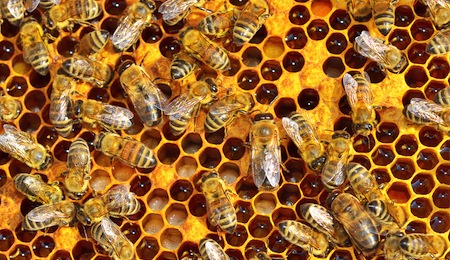 Bees don’t have many fans. They can be pesky when they’re trying to get a taste of your food, or annoying when they infest your garage with a nest. In addition, they can even be scary due to the chance that they could sting you. Even though you may not see the importance of these pesky insects, they are actually very beneficial for the ecosystem.
Bees don’t have many fans. They can be pesky when they’re trying to get a taste of your food, or annoying when they infest your garage with a nest. In addition, they can even be scary due to the chance that they could sting you. Even though you may not see the importance of these pesky insects, they are actually very beneficial for the ecosystem. Homeowners sometimes don’t realize how important a good fertilization program is for their trees. A great time of year to start is in the fall so the trees are more prepared to enter the spring growing season healthy and vigorous. Especially coming out of the drought from 2011, the trees are still striving to recover and get their health back. How many trees have you seen while driving down the road with dead tops and multiple dead branches throughout the canopy? If you haven’t, just look up while driving down the road through your neighborhood and you will probably notice many trees still showing signs of drought stress.
Homeowners sometimes don’t realize how important a good fertilization program is for their trees. A great time of year to start is in the fall so the trees are more prepared to enter the spring growing season healthy and vigorous. Especially coming out of the drought from 2011, the trees are still striving to recover and get their health back. How many trees have you seen while driving down the road with dead tops and multiple dead branches throughout the canopy? If you haven’t, just look up while driving down the road through your neighborhood and you will probably notice many trees still showing signs of drought stress.

